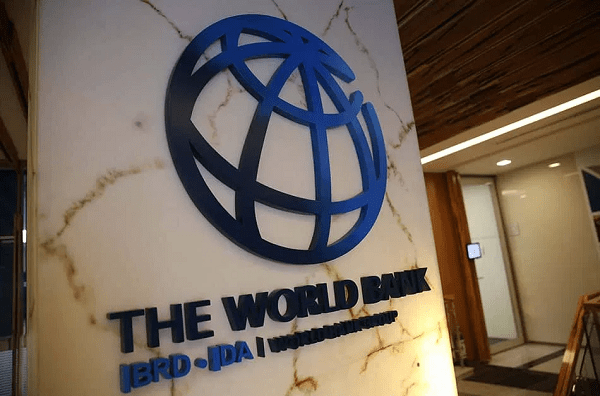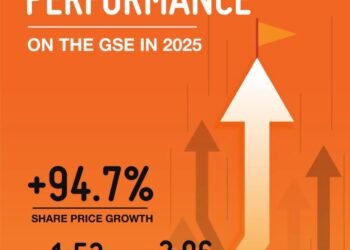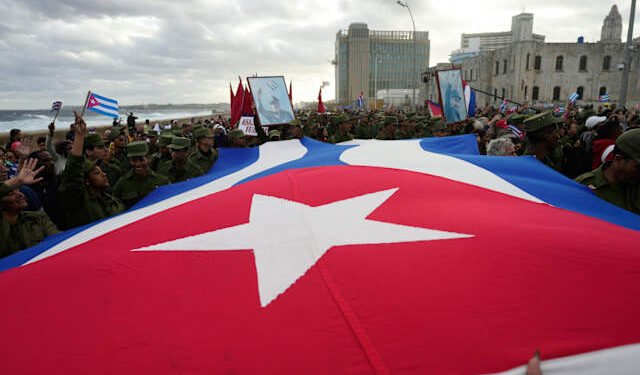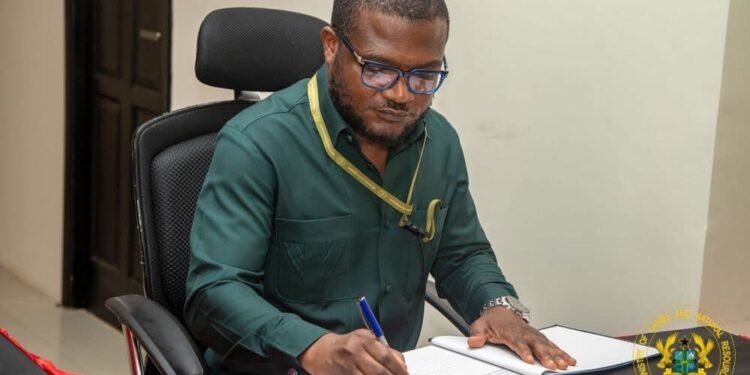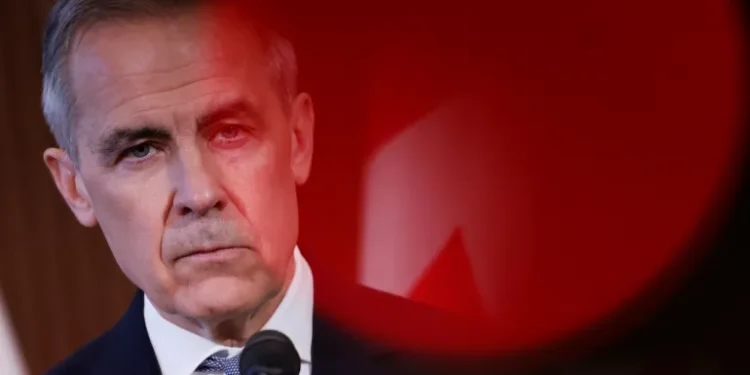Ghana is set to receive assistance from the World Bank as it provides the country with $100 million assistance in tackling the coronavirus pandemic.
This amount ($100 million) will be accessible by the government as short, medium and long-term support.
Also, the package includes a $35 million emergency support to help the country deliver enhanced response systems in the fight against COVID-19.
Under this emergency package, the World Bank will support the Government of Ghana in preventing, detecting, and responding to the coronavirus pandemic using Ghana’s Emergency Preparedness and Response Project (EPRP).
The EPRP is expected to help strengthen Ghana’s National Laboratories by providing strong systems for the early detection of COVID-19 cases in order to provide real-time disease surveillance and reporting systems of outbreaks.
Additionally, the package will also help improve response systems by providing social and financial support and free health services to COVID-19 patients and their families who are isolated or quarantined during the period.
Finally, the project will focus on risk communications and community engagement for increased awareness and compliance with preventive measures by engaging the Ministry of Health (MOH), Ghana Health Service (GHS), Ministry of Information (MOI) and other participating agencies.
According to World Bank’s Country Director, Pierre LaPorte:
“We are working with the government through this fast track facility to support the country’s efforts to slow transmission, prevent outbreaks and provide better-quality care for all patients, especially the seriously ill,” said World Bank Country Director, Pierre Laporte.
“It’s crucial that we all work together with other partners to help minimize the negative impact of the pandemic on health systems, social services and economic activities.”
In addition to the emergency facility, a $65 million contingency emergency response component was triggered from the Greater Accra Resilient and Integrated Development Project (GARID).
This contingency financing will support critical activities such as laboratory equipment and chemicals, essential medical equipment and supplies including test kits and Personal Protection Equipment for health personnel attending to infected patients.
Also, a fast-track package of $14 billion is being rolled-out by the World Bank Group to strengthen the COVID-19 response in developing countries and shorten recovery time.
The immediate response captures financing, policy advice and technical assistance to help countries cope with the health and economic impacts of the pandemic.
The International Finance Corporation (IFC) is providing $8 billion in financing to help private companies who have been affected by the pandemic and preserve jobs.
In addition, International Bank for Reconstruction and Development (IBRD) and International Development Association (IDA) have both made $6 billion available for the health-response.
As countries need broader support, the World Bank Group will deploy up to $160 billion over 15 months to protect the poor and vulnerable, support businesses, and boost economic recovery.
The World Bank’s IDA which was established in 1960 seeks to helps the world’s poorest countries by providing grants and low to zero-interest loans for projects and programmes which will boost economic growth, reduce poverty rate and also improve the lives of the poor.
IDA is also one of the largest sources of assistance for the world’s 76 poorest countries, 39 of which are in Africa.
Since 1960, IDA has supported development work in 113 countries of which annual commitments have averaged about $21 billion over the last three years, with about 61 per cent being Africa-focused.

